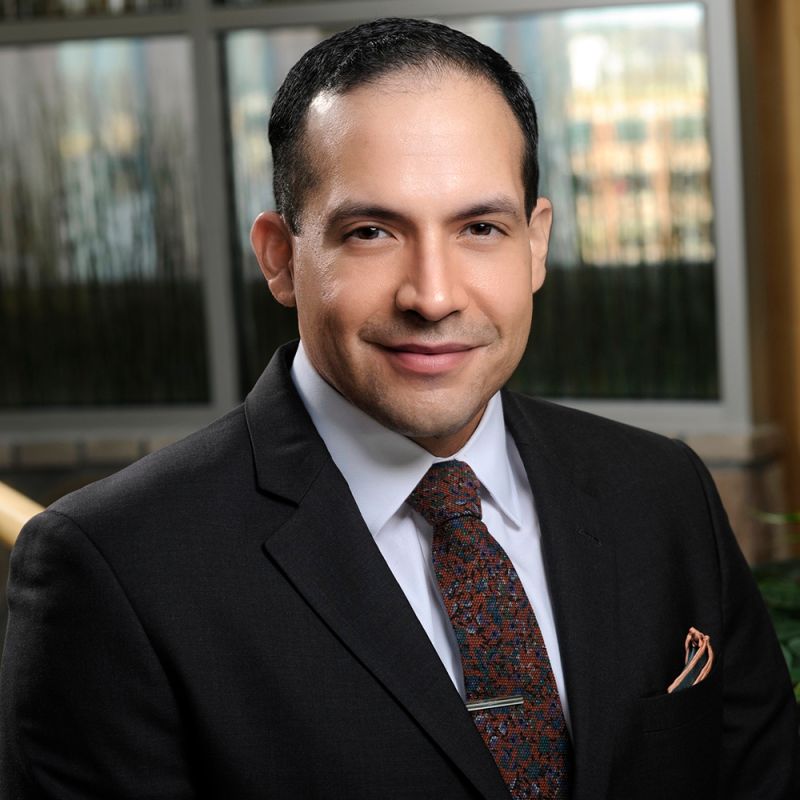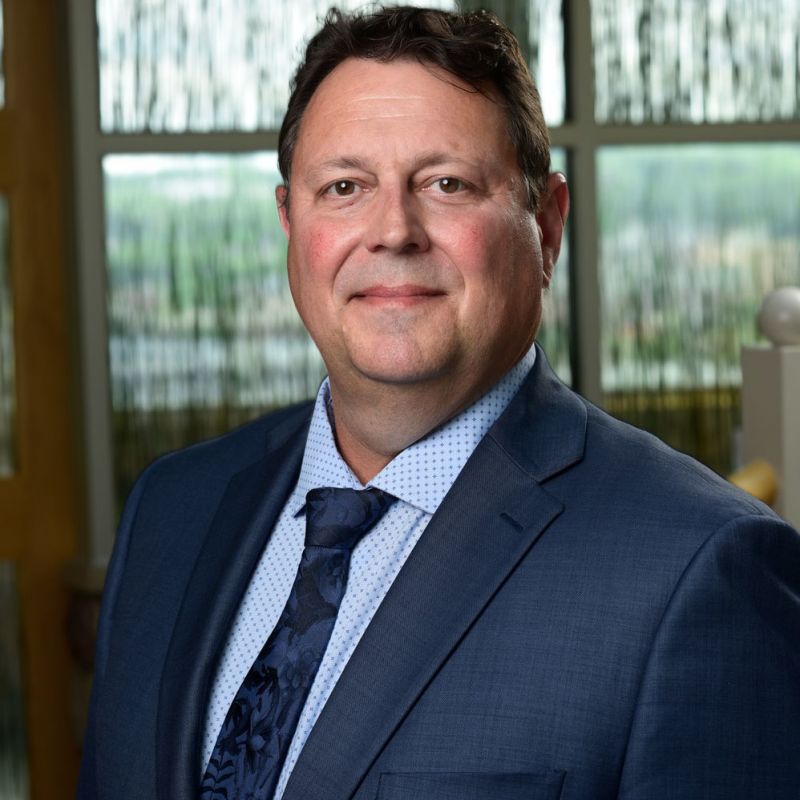Neurology, simply put, is the branch of medicine that treats disorders of the nervous system. That encompasses the brain, brain stem, nerves and spinal cord. The largest part of the field is the central nervous system, where we find control of our most basic behaviors—movements, speech, understanding and balance.
Central Maine Neurology
Central Maine’s Department of Neurology treats adults for disorders such as stroke, epilepsy, neurodegenerative diseases such as Alzheimer’s, movement disorders such as Parkinson’s, dementia, cognitive disorders and more. If it’s a disorder of your brain or spinal cord, we treat it in Neurology.
Our neurologists and other doctors are specialists in epilepsy, movement disorders and other neurological disorders. Not all of the illnesses we treat are unusual or extreme; if you’re experiencing headaches or lower back pain, we will evaluate you to be sure you have an accurate diagnosis and a solid treatment plan. If your condition is more serious, such as multiple sclerosis or head and neck cancer, we have the expertise to treat those illnesses, too.
Neurology will closely coordinate your treatment, working side by side with physical therapists, speech therapists and other clinicians to make sure your personalized treatment plan is perfectly suited to your condition and preferences.
Neurosciences
If you have a neurological disorder, we can help.
Symptoms of neurological disorders aren’t easy to navigate, but we’re here to help. Our board-certified neuroscience team is trained to diagnose and treat the full range of diseases linked to the brain, spine, muscles and nerves.
We treat the full range of neurological conditions ranging from movement disorders such as Parkinson’s disease to chronic back pain and stroke. We’re proud that our efforts to prevent and treat stroke rapidly have resulted in certification as a Primary Stroke Center by the Joint Commission.
Among the reasons we are certified is the comprehensive and holistic nature of our care. In addition to a partnership with MGH and full suite of technology, we have a team including neurologists, orthopedic surgeons and specialists from other related fields. Specialized nursing care, physical and occupational therapy, social work and other vitally important supportive services are also key components of our world-class neuroscience services.
Contact Us
Central Maine Neurology
10 Minot Avenue, Auburn, Maine 04210
Phone: (207) 795-2927
Learn About Neurological Disorders
There’s one sure way to speed up your recovery, and that’s to learn as much as possible about your disorder.
Central Maine Healthcare sponsors a series of free, informal classes each quarter, specially designed to inform patients and caregivers about how getting stronger and reaching your personal wellness goals. Whether your issue is back pain, Parkinson’s disease, epilepsy or another neuro illness, we’ll make sure you have all the information you need to move forward and live as independently as possible.
Central Maine Healthcare also maintains an extensive online health library, where you and your can access the latest medical and rehab information related to your condition. You can use out interactive tools to create lists of questions you can ask your neurologist, use our checklists to evaluate your own progress, and learn as you go so you can make confident decisions about your healthcare.
Support Groups
If you are looking for a support group, please contact Central Maine Neurology at (207) 795-2927 and we will assist you in finding a support group.






























































